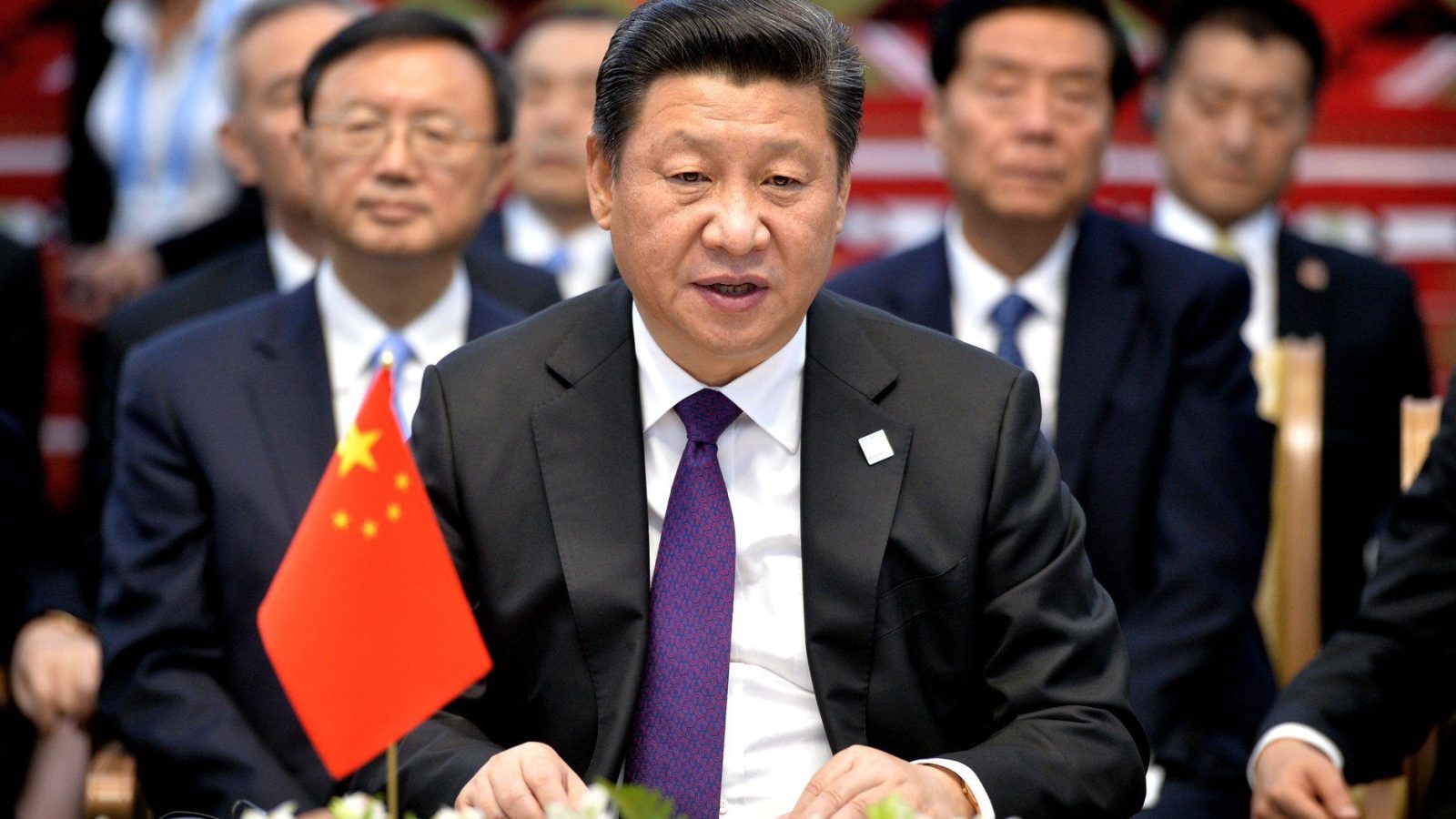The U.S. State Department issued a Level 3: “Reconsider Travel” warning to Americans who travel to Mainland China.
“Reconsider travel to Mainland China due to the arbitrary enforcement of local laws, including in relation to exit bans, and the risk of wrongful detentions,” the U.S. State Department states.
“Exercise increased caution when traveling to the Hong Kong SAR due to the arbitrary enforcement of local laws,” the advisory added.
“Reconsider travel to the Macau SAR due to a limited ability to provide emergency consular services. Exercise increased caution when traveling to the Macau SAR due to the arbitrary enforcement of local laws,” the advisory continued.
The United States has issued an advisory against travel to China, citing strict new security laws, exit bans and wrongful detentions. pic.twitter.com/buFAZOoZU0
— PBS NewsHour (@NewsHour) July 3, 2023
Americans should reconsider travel to China due to the risk of wrongful detention, the US State Department warned in an updated travel advisory https://t.co/PiVwZAvE9g
— CNN (@CNN) July 3, 2023
The U.S. State Department states:
Reconsider travel due to the arbitrary enforcement of local laws, including in relation to exit bans, and the risk of wrongful detentions.
Summary: The People’s Republic of China (PRC) government arbitrarily enforces local laws, including issuing exit bans on U.S. citizens and citizens of other countries, without fair and transparent process under the law.
The Department of State has determined the risk of wrongful detention of U.S. nationals by the PRC government exists in the PRC.
U.S. citizens traveling or residing in the PRC may be detained without access to U.S. consular services or information about their alleged crime. U.S. citizens in the PRC may be subjected to interrogations and detention without fair and transparent treatment under the law.
Foreigners in the PRC, including but not limited to businesspeople, former foreign-government personnel, academics, relatives of PRC citizens involved in legal disputes, and journalists have been interrogated and detained by PRC officials for alleged violations of PRC national security laws. The PRC has also interrogated, detained, and expelled U.S. citizens living and working in the PRC.
PRC authorities appear to have broad discretion to deem a wide range of documents, data, statistics, or materials as state secrets and to detain and prosecute foreign nationals for alleged espionage. There is increased official scrutiny of U.S. and third-country firms, such as professional service and due diligence companies, operating in the PRC. Security personnel could detain U.S. citizens or subject them to prosecution for conducting research or accessing publicly available material inside the PRC.
Security personnel could detain and/or deport U.S. citizens for sending private electronic messages critical of the PRC, Hong Kong SAR, or Macau SAR governments.
In addition, the PRC government has used restrictions on travel or departure from the PRC, or so-called exit bans, to:
- compel individuals to participate in PRC government investigations;
- pressure family members of the restricted individual to return to the PRC from abroad;
- resolve civil disputes in favor of PRC citizens; and
- gain bargaining leverage over foreign governments.
U.S. citizens might only become aware of an exit ban when they attempt to depart the PRC, and there may be no available legal process to contest an exit ban in a court of law. Relatives, including minor children, of those under investigation in the PRC may become subject to an exit ban.
The PRC government does not recognize dual nationality. Dual U.S.-PRC citizens and U.S. citizens of Chinese descent may be subject to additional scrutiny and harassment. If you are a U.S. citizen and choose to enter Mainland China on travel documents other than a U.S. passport and are detained or arrested, the PRC government may not notify the U.S. Embassy or the U.S. Consulates General or allow consular access.
Check with the PRC Embassy in the United States for the most updated information on travel to the PRC. In some limited circumstances travelers to Mainland China may face additional COVID-19 testing requirements to enter some facilities or events.



Join the conversation!
Please share your thoughts about this article below. We value your opinions, and would love to see you add to the discussion!